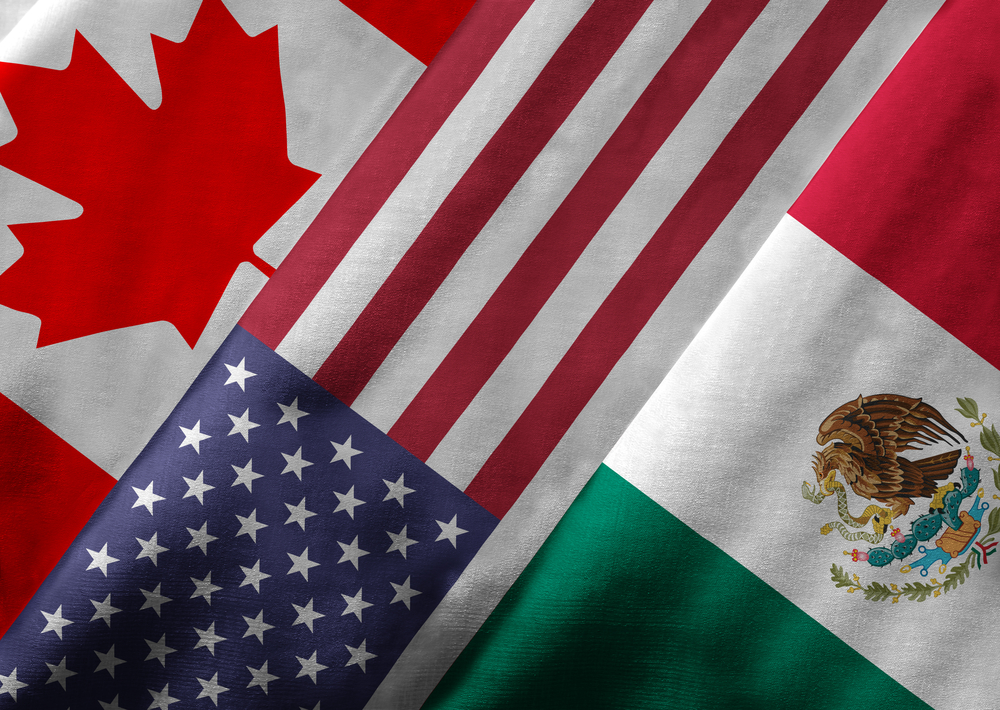By Karla Arboleda
Two individual reports from the University of Florida (UF) and University of Georgia (UGA) say that the United States-Mexico-Canada Agreement (USMCA) could lead to economic losses in both Florida and Georgia, respectively, if it is ratified by Congress.
The renegotiation of the North American Free Trade Agreement (NAFTA) has been ratified in Mexico, and the United States could soon follow suit.
Impacts on Florida

Christa Court, the assistant director of the Economic Impact Analysis Program in the Food and Resource Economics Department at the UF Institute of Food and Agricultural Sciences, co-wrote a study that summarizes the potential losses in Florida tomato, strawberry and bell pepper industries. She says there are three main factors as to why Mexican import competition can hurt these industries in Florida.
“(Mexico has) an overall lower labor cost, they operate in a different regulatory environment, and there have been investments in their covered acreage in order to produce fruits and vegetables over the last few years,” Court says. “We looked specifically at how import competition depresses prices for the growers of those three commodities and then estimated if the revenues decreased for those growers.”
In the study, three import competition scenarios at 25 percent, 50 percent and 75 percent show how the change in value of the three Florida crops could lead to millions of dollars in loss over time if there is an increase in these U.S. imports from Mexico. Court says depressed prices and abandoned crops are the two major drivers in economic losses in Florida, but Southeast states are reported to feel the effects in general.
“It’s the winter fruit and vegetable market,” Court says of crops in states like Florida and Georgia, adding that they will be affected more in comparison to other states. These southeastern states have the unique ability to produce certain crops in the winter, but so does Mexico.
Impacts on Georgia
According to a policy brief from UGA, Georgia’s small fruit and vegetable industries could also see mild to catastrophic damage if the USMCA is ratified in the United States.
Jeff Dorfman, a professor of agricultural and applied economics at the UGA College of Agricultural and Environmental Sciences and a co-author of the brief, says that it outlines how further ratification of USMCA would affect certain production industries in Georgia.
“NAFTA and USMCA both are missing any protective measures for American farmers from seasonal protection of very low-price competition in Mexico,” Dorfman says in reference to things like government subsidies. “If USMCA is passed as it currently reads, then current trends will continue, and this is how much damage will be done to Georgia blueberry and vegetable growers.”
While the baseline production value of tomatoes, peppers, cucumbers, eggplants, blueberries and squash grown in Georgia is currently $590.1 million, each industry could lose anywhere from 10 to 100 percent of production value over time. The brief says that Mexico’s protected production area has grown to over 100,000 acres in the last 10 years.
“Mexico, with their current subsidies and their wage rates, can produce these vegetables and blueberries so much cheaper than the U.S. that there’s no way our growers can afford to sell at competitive prices,” Dorfman says. “Their only response, if this continues, is going to be to go out of business.”









